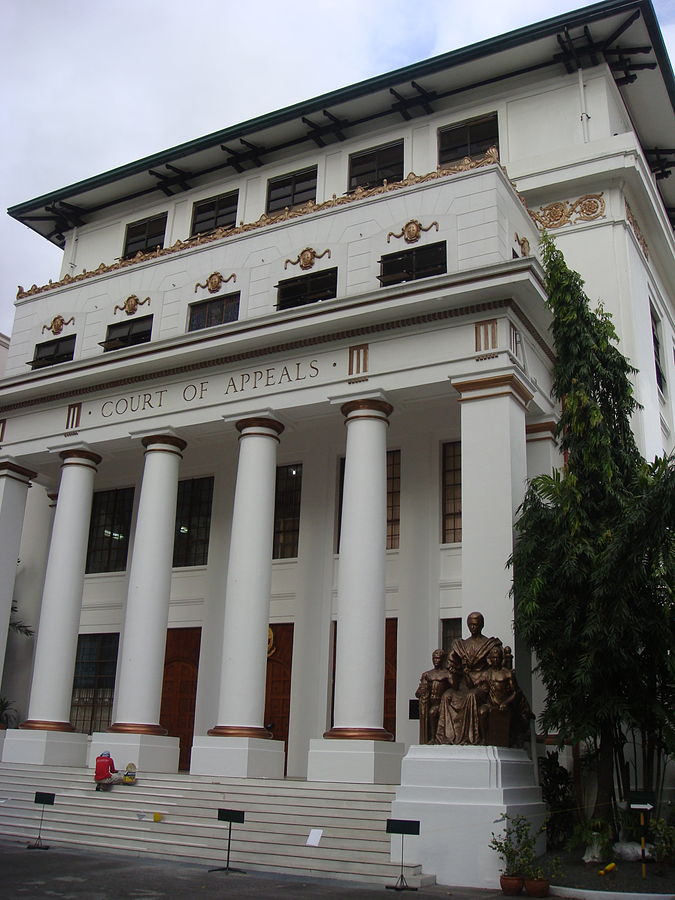
MANILA — The Court of Appeals (CA) on Thursday ordered the Marikina City Regional Trial Court (RTC) to proceed with the PHP50-million qualified theft case filed by San Miguel Holdings Corporation (SMHC) against Indonesian businessman Shadik Wahono and his co-respondents.
In an eight-page resolution dated Jan. 7 penned by Associate Justice Sesinando Villon, the CA’s Special Former Ninth Division turned down the appeal of Wahono, Nadiya W. Stamboel, Fema Christina Piramide-Sayson and Alvin Bugtas stressing they failed to raise new arguments that would warrant the setting aside of its July 11, 2018 ruling.
Associate Justices Manuel Barrios and Germano Francisco Legaspi concurred in the ruling.
SMHC insists Wahono’s group caused Citra Metro Manila Tollways Corporation’s (CMMTC), jointly owned then by the SMHC and Wahono, to make an unauthorized disbursement of PHP50 million. The money was used to incorporate another company, Citra Central Expressway Corp. (CCEC).
The appellate court explained that the arguments of Wahono’s camp with regard to SMHC and CMMTC’s supposed lack of legal personality to institute the petition and the alleged mootness of it have already been addressed in its earlier resolutions.
“It is not disputed that SMHC is a stockholder of petitioner CMMTC. It has been alleged that private respondents, in their capacity as members of the Board of Directors of CMMTC, committed wrongful acts to the detriment of the corporation. Accordingly, SMHC has the right to institute a derivative suit on behalf of CMMTC,” the CA reiterated.
The CA also ruled that the dismissal of the complaint by Marikina RTC Branch 193 Presiding Judge Alice Gutierrez against Wahono, Stamboel, who are still-at-large, and the acquittal of Sayson and Bugtas, did not necessarily amount to the extinction of their civil liability and did not necessarily deprive the petitioners of their right to prosecute the same.
The appellate court branded as “misplaced” the claim of Wahono’s camp that its directive to proceed to the trial on the merits of the case violates their constitutional right against double jeopardy under Article III, Section 2 of the Constitution.